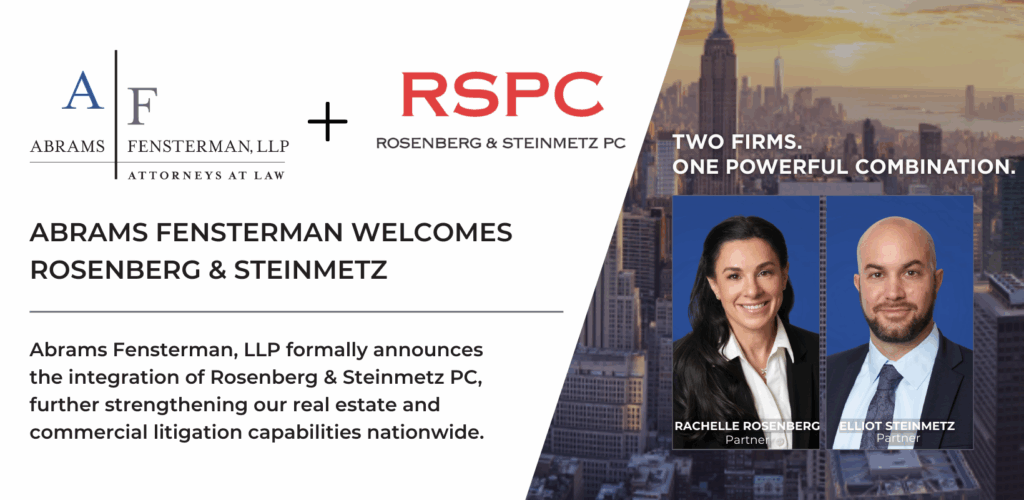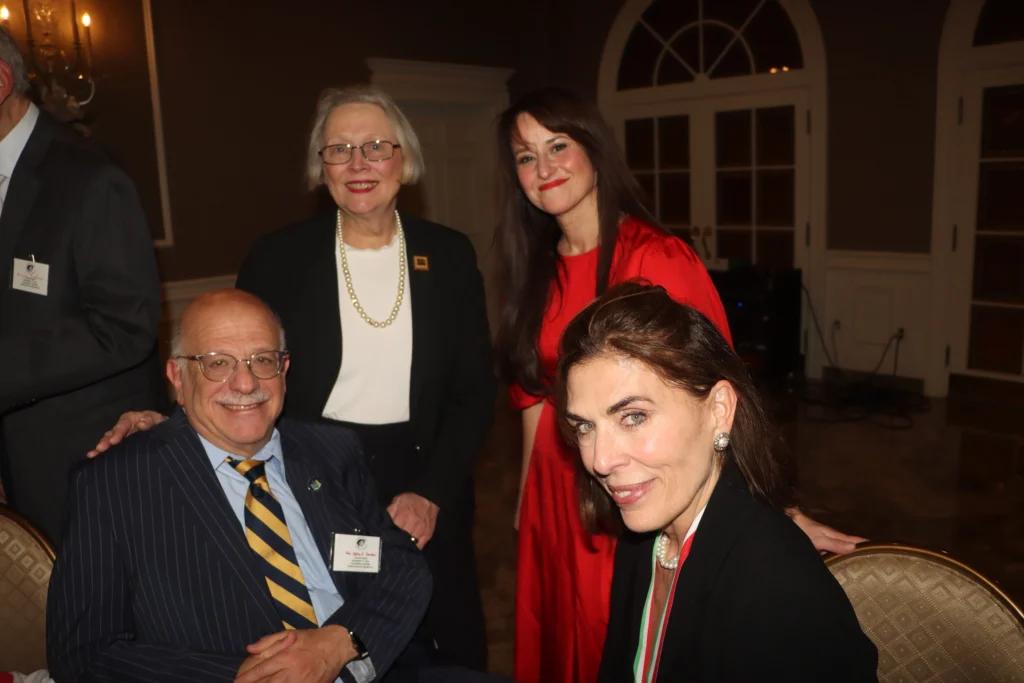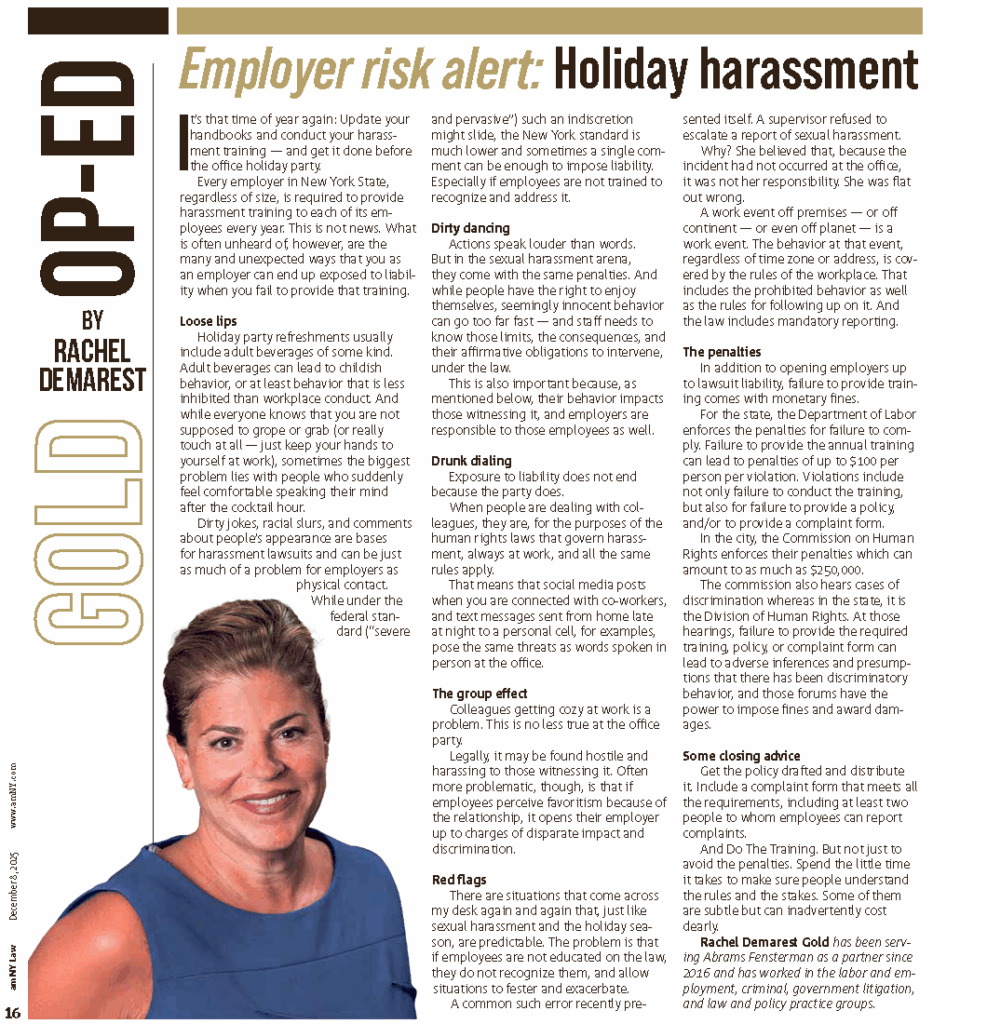There is rarely enough money to go around when an Incapacitated Person (“IP”) with limited resources needs both a guardian to manage his finances and Medicaid to cover his medical bills. 1 In a typical low- or no-asset guardianship case brought under Article 81 of New York’s Mental Hygiene Law (“MHL”), the court-appointed guardian often retains the IP’s Social Security and/or pension checks to cover the expenses incurred during the course of the guardianship proceeding.
In addition to the pre-appointment fees and disbursements of the petitioner’s attorney and court appointees, the guardian must also cover expenses incurred post-appointment including the guardian’s commissions and other costs of administering the guardianship. All of this fee paying would not be a problem if the income of most Medicaid recipients did not have to be applied toward the cost of their medical care, with only very limited disregards. Disregards are the types of income that are not countable for Medicaid budgeting purposes.
The income contribution owed by Medicaid recipients to their providers is commonly known as Net Available Monthly Income or “NAMI.” NAMI is a type of co-payment obligation codified in Title 18 of the N.Y.C.R.R The outcome of this intractable tug-of-war over an incapacitated recipient’s Social Security and pension checks is foreseeable. Either the guardianship expenses will be paid and the IP’s medical bills left unpaid, or vice versa. Unfortunately, with limited funds and an abundance of debt, someone is inevitably left holding the bag.
Deanna W.
In an attempt to provide a source of funds to cover administrative fees without leaving the IP with unpaid medical bills, guardianship attorneys representing petitioners often asked the judges to include “zero NAMI” language in the orders of appointment. For an institutionalized IP, for example, the “zero NAMI” language made clear that the IP’s pension and/or Social Security checks could not be budgeted to the nursing home by the Department of Social Services (“DSS”) because those funds were to be used to cover the costs of the guardianship proceeding.
In a typical case involving a low-asset incapacitated Medicaid recipient, the “zero NAMI” order would be submitted to DSS with a request for a revised budget that would eliminate or reduce the IP’s co-payment obligation. The corollary of a reduced NAMI obligation is a commensurate increase in the award of Medicaid reimbursement to the IP’s medical provider.
The availability of “zero NAMI” orders has been thrown into question in the wake of the Appellate Division, Second Department, case of Deanna W. 2 In Deanna W. the Supreme Court was found to have “improvidently exercised its discretion in directing the DSS to disregard expenses associated with Deanna W.’s guardianship in calculating her NAMI.”
Since DSS’s interpretation of a Medicaid regulation is entitled to deference unless the interpretation is arbitrary, capricious, unreasonable, or irrational, the Appellate Division found in Deanna W. that DSS is not required to exempt (or disregard) guardianship fees and expenses that are paid out of an IP’s Social Security and pension income, even when the payments are made pursuant to the order of a Supreme Court judge.
Guardianship expenses are not specifically listed as disregards under the regulations that govern the budgeting of NAMI. Accordingly, the effect of Deanna W. is to permit DSS to deem an IP’s Social Security and pension benefits as available to pay the IP’s medical bills despite the fact that those funds have been used to cover court-ordered guardianship fees.
Medicaid Budgeting
Once a guardian is appointed for an IP, all of the IP’s income is considered to be available, and therefore countable, for Medicaid budgeting purposes, just as a competent person’s income is available and countable for Medicaid budgeting purposes. However, an IP’s income is never “available” in the same way that income is available to a competent person.
While a guardian can be given the legal authority to possess an IP’s funds, the guardian never controls those funds. Under MHL Section 81.29 (c), exclusive jurisdiction over an IP’s property, including his income, always vests in the Supreme Court. The guardian may use his access to the IP’s funds to pay a medical bill, if such expenditure is permitted by the Order of Appointment, but the Judge must ultimately sanction the propriety and permissibility of that expenditure.
The implications of §81.29 are significant when applied to Medicaid’s budgeting methodology in light of the federal protections that apply to the most common sources of income available to elderly and disabled people – Social Security and pension benefits. The Supreme Court has exclusive jurisdiction over an IP’s retirement and disability checks, but these sources of income are protected against “execution, levy, attachment, garnishment, or other legal process” by which control over the funds passes from one person to another in order to discharge an existing or anticipated liability. 3
These protections, commonly referred to as anti-alienation provisions, are designed to ensure that Social Security and pension benefits are used only to cover the beneficiary’s current support and maintenance. 4 While a Supreme Court judge can authorize a guardian to spend the IP’s income on the IP’s support and maintenance, including fees related to having a guardian appointed to provide for said support and maintenance, no legal process can be used to have the IP’s income applied to the IP’s medical expenses in a manner that violates the anti-alienation provisions.
Supreme Court judges, in other words, lack the jurisdiction to direct that an IP’s Social Security and/or pension income be paid to a nursing home to defray the cost of the IP’s care. True, a judge can give a guardian the power to use the IP’s income to pay a medical bill; however, the judge cannot require (i.e., employ a “legal process”) to obligate the guardian to use the IP’s Social Security and/or pension benefits to pay a medical bill without running afoul of the anti-alienation provisions that restrict who can control the disposition of these protected benefits.
Under the Medicaid post-eligibility budgeting rules, once a nursing home resident is in “permanent absence status” (e.g., admitted to a nursing home for long term care), then “all income must be applied toward the cost of care in the facility, including income disregarded or considered unavailable for the purpose of determining MA [Medicaid] eligibility.” DSS interprets this regulation, which is set forth at 18 N.Y.C.R.R. §360-4.9, to include as countable income the IP’s Social Security and pension income.
DSS’s interpretation of Section 360-4.9 is arguably arbitrary and capricious when applied to an IP, even one with a court-appointed guardian, because no legal process can ever be used to direct that the IP’s protected income checks be used to pay his medical bills. So long as DSS “applies” an incapacitated recipient’s Social Security and pension benefits to the recipient’s medical expenses, and reduces its award of Medicaid coverage accordingly, an incapacitated Medicaid recipient will always be at risk of having unpaid medical expenses.
While a competent Medicaid recipient may choose not to use his income to pay his medical bills, which could jeopardize his receipt of needed care, this situation is dissimilar to that of an incapacitated Medicaid recipient who has no freedom of choice. The IP is incapable of deciding what bills to pay with his funds, and must bear the consequences of his guardian’s payment choices. Add to the equation the constraints imposed on state Supreme Court judges by the federal anti-alienation provisions, and the result is a population of incapacitated Medicaid recipients whose interests in receiving needed medical care are very much in jeopardy.
Under the anti-alienation provisions, no legal process can permissibly be employed to shift control over property from one person to another in order to discharge some liability. When considered in the context of a guardianship proceeding, the anti-alienation provisions bar even a Supreme Court judge (who retains jurisdiction over an IP’s income under the MHL) from directing a court-appointed guardian (who is permitted to administer the IP’s income under an Order of Appointment) to use an IP’s income checks to pay medical bills.
Given the treacherous interplay between federal law and New York’s Social Services and Mental Hygiene Laws, DSS’s practice of applying an IP’s income to his medical bills—when no legal mechanism exists for applying protected retirement and disability benefits to specified liabilities—is arguably arbitrary, capricious, and at cross purposes with the goal of the federal-state Medicaid program.
Conclusion
Medicaid was enacted by the United States Congress in 1964 to make medical care available to the poor. Federal law limits what states can set as income and resource eligibility standards.
New York’s interpretation of its income eligibility standards may well be arbitrary and capricious as applied to incapacitated Medicaid recipients because it leaves these vulnerable residents without a payment source for their medical care in direct contravention of the federal mandate.
An incapacitated Medicaid recipient does not control his own income. The court-appointed guardian of an incapacitated Medicaid recipient also does not control the recipient’s income. The Supreme Court judge has jurisdiction over the IP’s income, but cannot employ legal process to direct that protected retirement and disability benefits be used to pay the IP’s medical bills in a manner akin to a garnishment or levy.
With no legal vehicle in place to ensure that an incapacitated Medicaid recipient’s Social Security and pension benefits are available to defray the cost of the recipient’s medical care, DSS’s potentially arbitrary and capricious interpretation of 18 N.Y.C.R.R. §360-4.9 may come very close to violating Title XIX of the Social Security Act, the federal law under which the New York State Medicaid program was enacted.
Bio Information
Nancy Levitin, Esq., a Partner at Abrams Fensterman, LLP, is a contributing author of “Elder Law and Guardianship in New York” and practices in the fields of Medicaid and nursing home law. Moriah Adamo, Esq. is an elder law attorney and an Associate at the firm.
1 Throughout this article, the pronoun “his” will be used in place of “his or her.”
2 Matter of Deanna W., 2010 NY Slip Op 06805; 2010 N.Y. App. Div. LEXIS 6835 (2d Dept. Sept. 28, 2010)
3 42 USC §407(a) and 29 USC §1056(d)(1)
4 Washington State DSS v. Keffeler, 123 S.Ct.1017 (2003); Wojchowski v. Daines, 498 F.3d 99 (2007)





